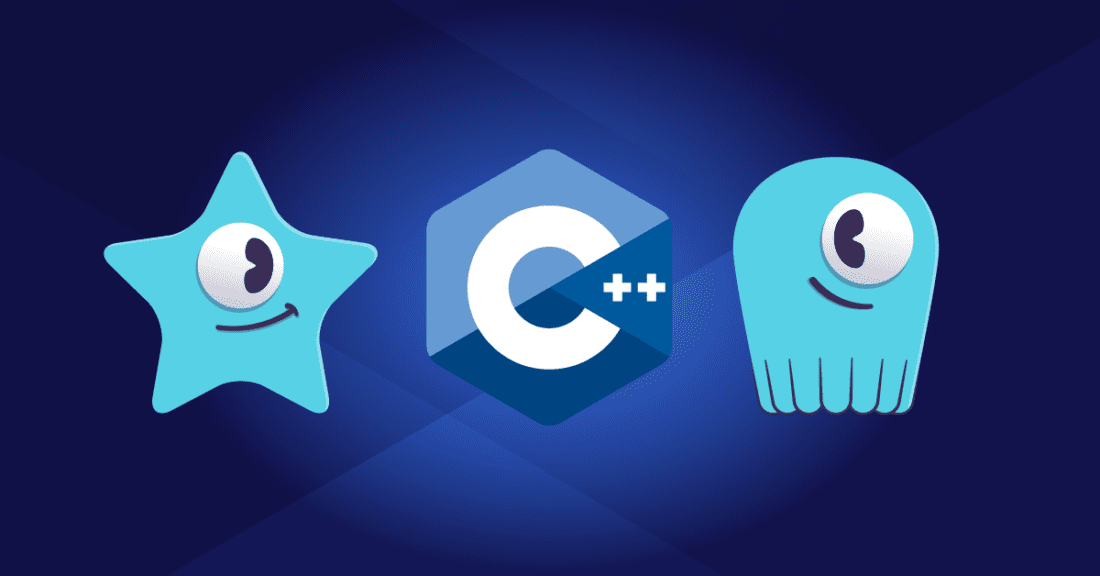
Seastar now supports C++20 and C++23 (and dropped support for C++17)
Seastar is an open-source (Apache 2.0 licensed) C++ framework for I/O intensive asynchronous computing, using the thread-per-core model. Seastar underpins several high- performance distributed systems: ScyllaDB, Redpanda, and Ceph Crimson. Seastar source is available on github.
Background
As a C++ framework, Seastar must choose which C++ versions to support. The support policy is last-two-versions. That means that at any given time, the most recently released version as well as the previous one are supported, but earlier versions cannot be expected to work. This policy gives users of the framework three years to upgrade to the next C++ edition while not constraining Seastar to ancient versions of the language.
Now that C++23 has been ratified, Seastar now officially supports C++20 and C++23. The previously supported C++17 is now no longer supported.
New features in C++23
We will focus here on C++23 features that are relevant to Seastar users; this isn’t a comprehensive review of C++23 changes. For an overview of C++23 additions, consult the cppreference page.
std::expected
std::expected is a way to communicate error conditions without exceptions. This is useful since exception handling is very slow in most C++ implementations. In a way, it is similar to std::future and seastar::future: they are all variant types that can hold values and errors, though, of course, futures also represent concurrent computations, not just values.
So far, ScyllaDB has used boost::outcome for the same role that std::expected fills. This improved ScyllaDB’s performance under overload conditions. We’ll likely replace it with std::expected soon, and integration into Seastar itself is a good area for extending Seastar.
std::flat_set and std::flat_map
These new containers reduce allocations compared to their traditional variants and are suitable for request processing in Seastar applications. Seastar itself won’t use them since it still maintains C++20 compatibility, but Seastar users should consider them, along with abseil containers.
Retiring C++17 support
As can be seen from the previous section, C++23 does not have a dramatic impact on Seastar. The retiring of C++17, however, does. This is because we can now fully use some C++20-only features on Seastar itself.
Coroutines
C++20 introduced coroutines, which make synchronous code both easier to write and more efficient (a very rare tradeoff). Seastar applications could already use coroutines freely, but Seastar itself could not due to the need to support C++17. Since all supported C++ editions now have coroutines, continuation-style code will be replaced by coroutines where this makes sense.
std::format
Seastar has long been using the wonderful {fmt} library. Since it was standardized as std::format in C++20, we may drop this dependency in favor of the standard library version.
The std::ranges library
Another long-time dependency, the Boost.Range library, can now be replaced by its modern equivalent std::ranges. This promises better compile times, and, more importantly, better compile-time error reporting as the standard library uses C++ concepts to point out programmer errors more directly.
Concepts
As concepts were introduced in C++20, they can now be used unconditionally in Seastar. Previously, they were only used when C++20 mode was active, which somewhat restricted what could be done with them.
Conclusion
C++23 isn’t a revolution for C++ users in general and Seastar users in particular, but, it does reduce the dependency on third-party libraries for common tasks. Concurrent with its adoption, dropping C++17 allows us to continue modernizing and improving Seastar.




